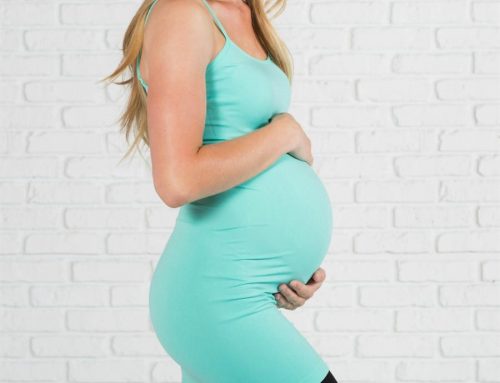Navigating through pregnancy can sometimes feel like a barrage of advice and opinions from a multitude of people, especially for first time expectant mums. Exercising during pregnancy is a topic that is no different and remains a talking point. Concerns run rampant over the safety and effect exercise has on your growing baby. This is often met with overwhelming questions that come to mind such as; what can and can’t I do? Is there any specific type of exercises that I need to avoid? Will my everyday activity hurt my baby? Sadly without absolute consensus on the answers to these questions, this often results in ladies banishing the idea of exercising whilst pregnant and opting for a ‘rather safe than sorry’ attitude.
Expectant mums need to be made aware and kept informed of the mounting evidence to show how beneficial exercise during pregnancy can be. The facts show that in a normal pregnancy, a moderate amount of physical activity is safe. In fact, it’s been found to be beneficial to both you and your baby. Pregnancy sees a number of changes in a woman’s body in order to accommodate the new life being nurtured within, often impacting the joints, muscles, tendons and ligaments. The movement experienced during exercises helps to combat this impact, leading to less backache, improved muscular tone, strength and endurance over all major muscle groups.
Amongst many others, the benefits of regular physical activity include: increased circulation and blood flow to the main muscle groups contributing to an easier labour and ease of general movement, it is a helpful tool in ensuring your pregnancy weight gain is healthy, not to mention the rush of exercise endorphins for a pick me up and boost in energy.
A combination of aerobic and resistance exercise are ideal components of a pregnancy exercise routine, these may include activities like brisk walking, swimming and body weight resistance sequences.
Here are a few things to know:
- Continuing with an exercise routine that was started before falling pregnant is generally safe to continue during pregnancy.
- If you’d like to start exercising once you’ve fallen pregnant, be sure to talk to your obstetrician and get the medical go ahead.
- Avoid jarring activities and high-impact activity or sport. (ie; Horse-riding, boxing etc.)
- As a guide for the intensity of your exercise, make sure that you are able to maintain a conversation without becoming breathless.
- Whilst light stretching is good to release tension in your muscles before and after exercise, be careful not to overstretch. Your ligaments are already slightly more flexible during pregnancy thanks to a hormone called Relaxin.
- Even in high risk pregnancy, exercising can be done safely, however the supervision of a specialised healthcare professional is strongly recommended.
- Ask your healthcare professional about the ACOG medical guidelines in place to ensure yours and your baby’s safety while exercising during pregnancy.
Consult with your obstetrician about the best time in your pregnancy to start exercise and whether your pregnancy may be considered high risk. Look around in your local area to find out if there are any specialized pregnancy exercise classes to get your piece of mind, safety and adequate monitoring while your exercise.
Article written by Bryde Oddie
Biokineticist Ballito
www.boddiekinetics.co.za
Yours in health
Dr Leneque Lindeque (MBChB, FCOG(SA), Mmed(O&G))
Obstetrician and Gynaecologist
Netcare Alberlito Hospital
Ballito
Tel: (032) 586 0723







